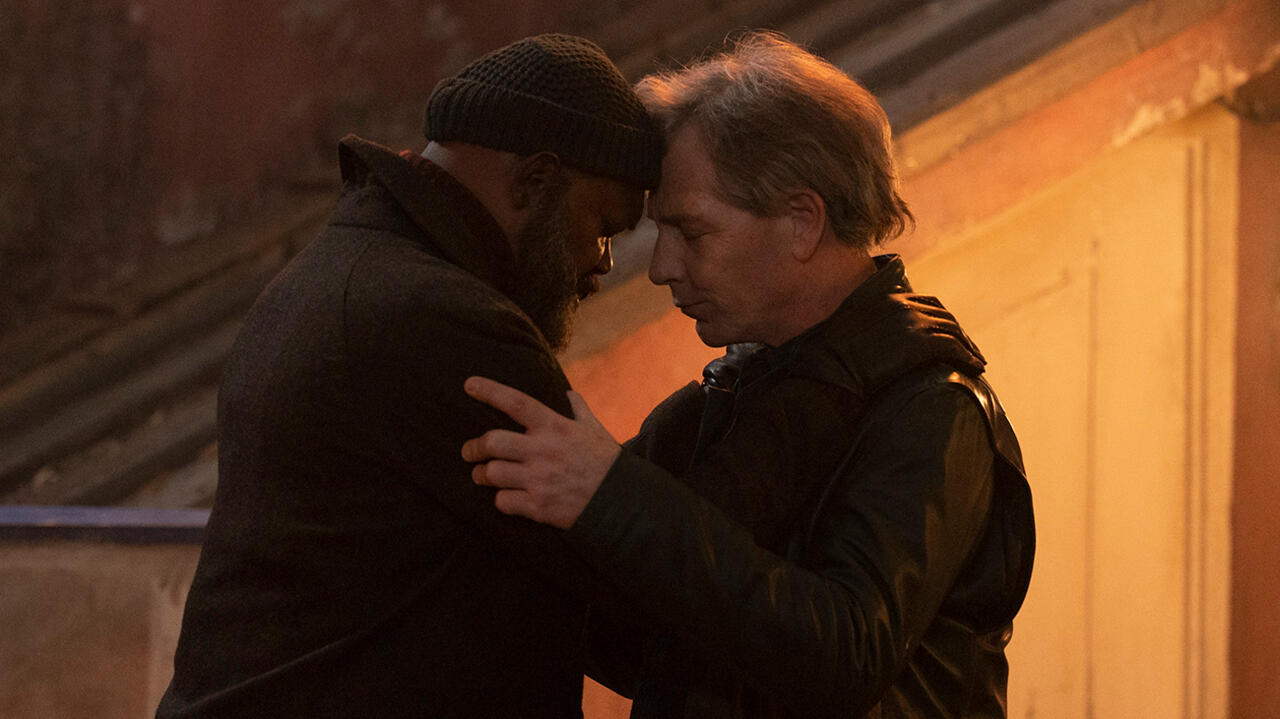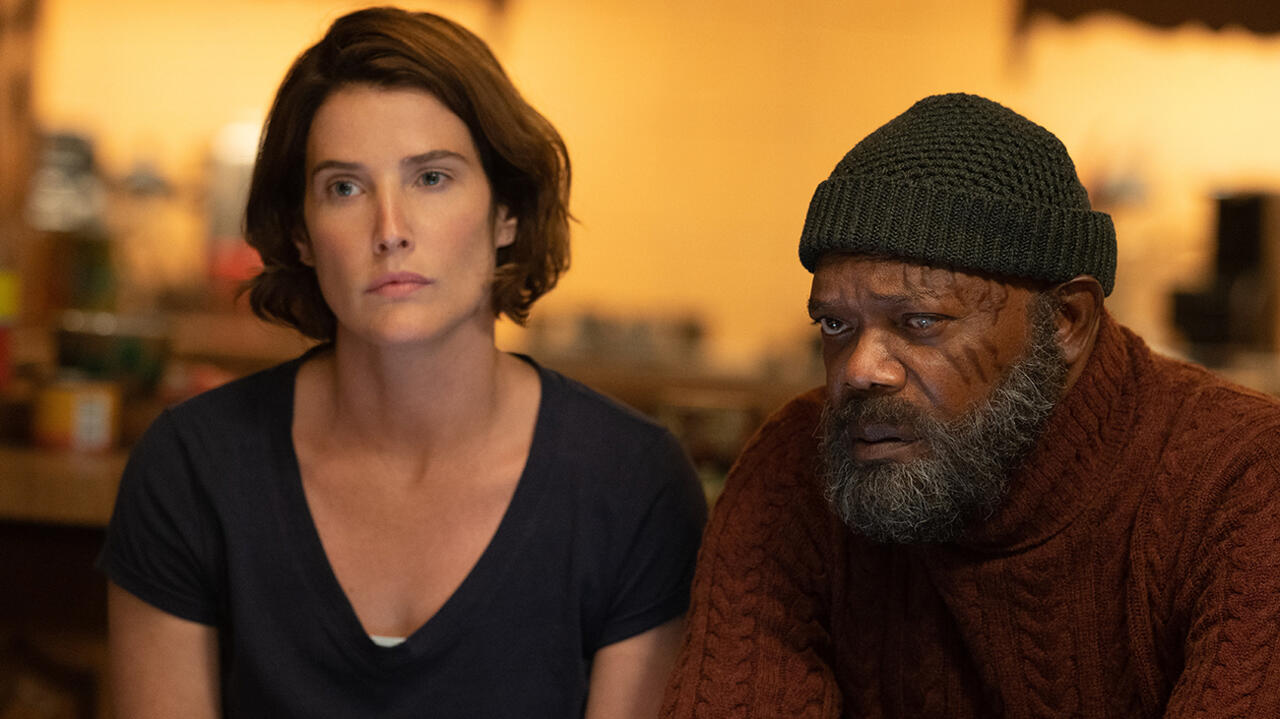The latest entry in the long-running Marvel Cinematic Universe is quite a departure from the superhero fare you're used to. It's hard to narrow down a Marvel project to just one thing, but chances are it involves superheroes, mind-bending special powers, and a massive roster of returning characters that may or may not mean something in the long run. Secret Invasion isn't that and, truthfully, that's somewhat refreshing.
Secret Invasion isn't a run-of-the-mill superhero story. Instead, it's a Nick Fury-centric tale of espionage, foreign adversaries, and attempting to stay two steps ahead of the governments of the world--including Fury's own--as he attempts to stave off a literal alien invasion.
The gist of the story is that Fury has been building up a space station for years, and while he wasn't looking, the Skrulls fully invaded Earth, with many of them bent on overthrowing humans via terrorist attacks. In the first two episodes of the series provided for review, viewers are introduced to a world that looks more like The Falcon and the Winter Soldier than anything else in the MCU, but it quickly becomes obvious that unlike that show's terrorist group, the Flag Smashers, the Skrulls have a long-term game plan in mind and are playing it to the letter. It all helps the show to play less like an Avengers movie and more like FX's The Americans--or even Disney+'s Andor. A franchise drenched in lore and god-like characters doing a street-level exploration of a non-powered spy? It's certainly believable that Marvel Studios looked at the critical success of Andor and tried to replicate it.

That said, while this is clearly Marvel trying to tell a slow-burn espionage tale, there are some issues. For instance, the pacing of the first episode does not help set that tone. Instead of slowly bringing Secret Invasion to a boil, the initial installment tries to pack in so much that by the end of the episode, you feel like you're been overwhelmed by plot. That's not an uncommon thing in Marvel shows that simply try to tell too much story across a few episodes of television. Thankfully, however, the pacing slows down in Episode 2, allowing you to fully immerse yourself in the story that's unfolding. Unfortunately, so much of what happens in the jam-packed first episode is little more than an afterthought by the end of the second episode due to the rapid change in pace.
While uneven, it's refreshing to have an MCU tale without superheroes at the forefront. Even Rhodey, played once again by Don Cheadle, only mentions his Iron Patriot suit of armor in passing, never actually suiting up. Instead, he's in diplomat mode, operating as a representative of the United States of America, rather than the Avengers.
He's one of a number of interesting cast additions to this story, led by Jackson's reprisal as Nick Fury, who is now older and slower, but still very angry. This is the closest Jackson's Fury has come to how we saw him in Captain America: The Winter Soldier since that film and, this time, he's surrounded by another excellent cast.

Ben Mendelsohn returns again as Talos, the friendly Skrull we first met in Captain Marvel. Other familiar faces include Maria Hill (Cobie Smulders) and Everett K. Ross (Martin Freeman), both of whom figure into the series early. New additions include Emilia Clarke as Talos' daughter G'iah, Olivia Soleman as a devious MI6 agent, and Kingsley Ben-Adir as Gravik, the leader of the Skrulls rebelling against humans. Thus far, everyone is entertaining to watch in the first two episodes.
While those two episodes may not end up being representative of the show as a whole, it's enough to hook an audience in to stick around and see what happens. However, while Marvel Studios is clearly dabbling with a different type of genre (which they've done before on Disney+ with WandaVision, Loki, Hawkeye, etc.), we already know more than enough about the MCU's future. Secret Invasion will, assumedly, lead into Avengers: Secret Wars. Meanwhile, Rhodey will next be seen in Armor Wars on Disney+. Surely there will be connective tissue to tie things together in some way.
None of that happens in the first two episodes, though, so it's impossible to know how well the series will stick the landing after six episodes. Thus far, it's a good, albeit uneven, start.